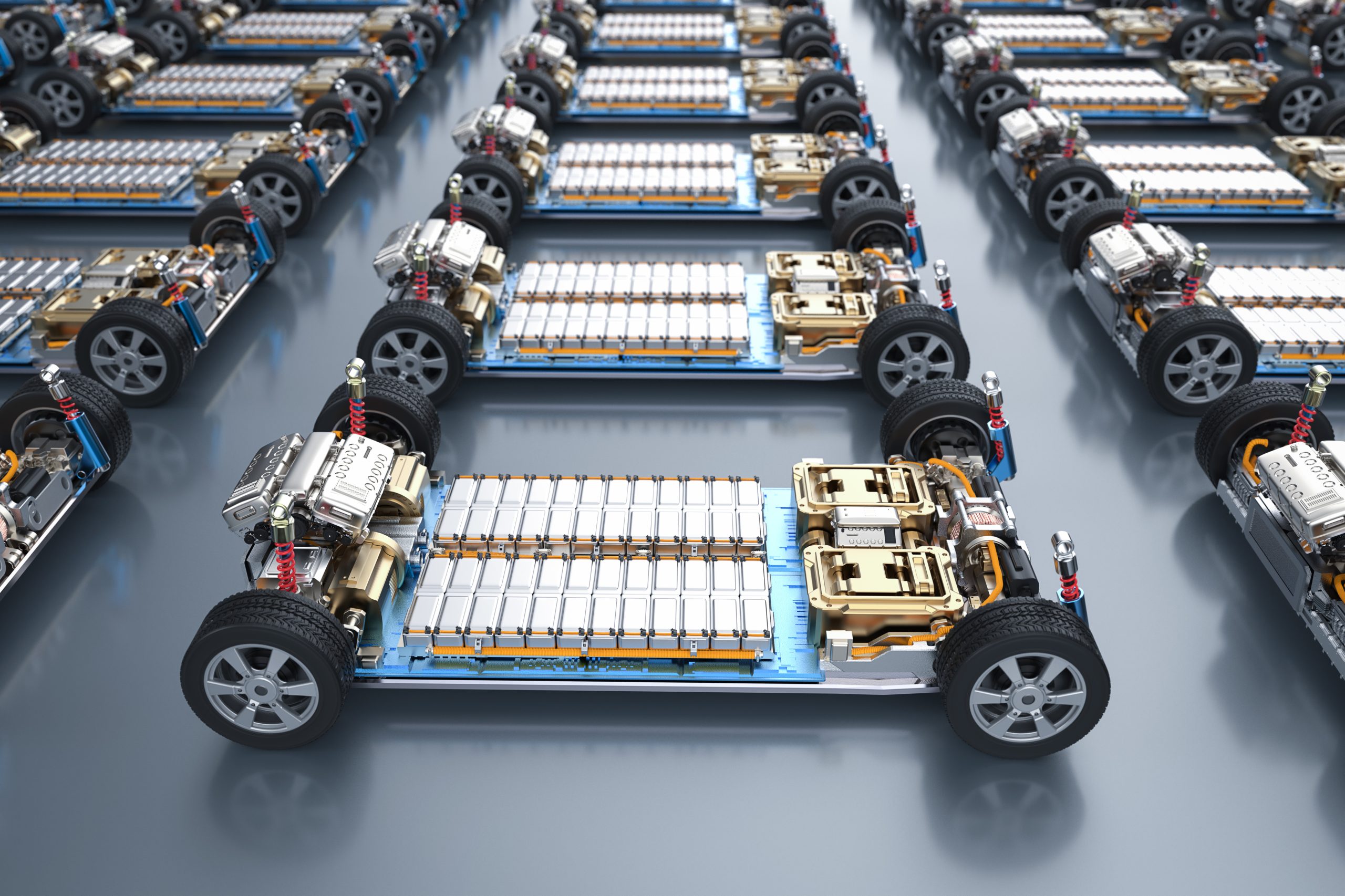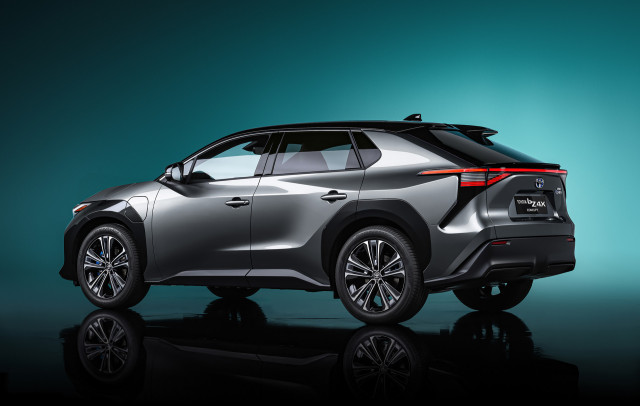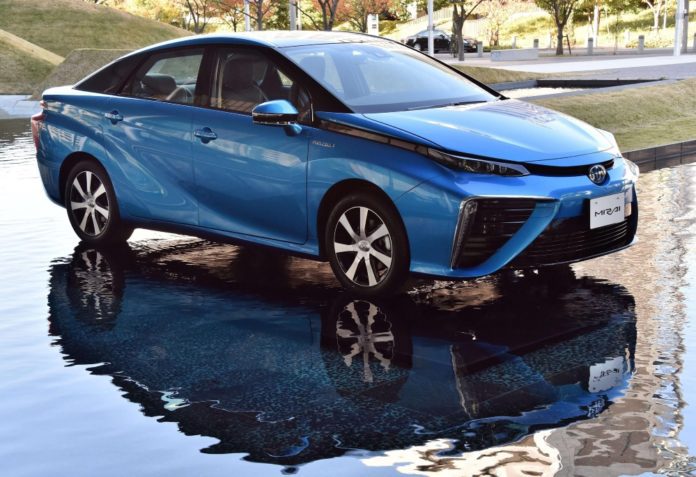Toyota, a pioneering force in the automotive industry, has unveiled game-changing advancements in the realm of electric vehicle (EV) batteries. These innovations are set to revolutionize the landscape of electric mobility by extending battery life and efficiency, capturing the attention of potential EV buyers and leading the technology into a brighter future. The breakthrough centers around two pivotal fronts: the optimization of lithium-ion batteries and the remarkable progress in solid-state batteries.
Enhanced Lithium-Ion Battery Optimization
Lithium-ion batteries have long been the backbone of electric vehicles, providing the necessary power to propel these emission-free marvels on our roads. One persistent concern among potential EV buyers has been the battery’s longevity and charging time. Addressing these issues head-on, Toyota’s recent research breakthroughs promise to usher in longer battery life and significantly reduced charging durations.
Presently, EVs can cover around 330 miles on a single charge. However, Toyota’s cutting-edge developments have the potential to push that range to an impressive 621 miles. This augmentation promises to alleviate range anxiety, a significant factor that has sometimes deterred consumers from embracing electric mobility.

The Rise of Solid-State Batteries
Solid-state batteries represent a groundbreaking leap in battery technology, holding the promise of even more remarkable gains. While they share a structural resemblance with lithium-ion batteries, solid-state batteries offer a distinct advantage: unparalleled durability. Historically, these batteries had not exhibited the robustness required to support the demands of EVs.
Nevertheless, Toyota’s relentless pursuit of innovation has led to breakthroughs in solid-state battery technology that could change the game. Previously relegated to items such as pacemakers and smartwatches, solid-state batteries now show promise for powering electric vehicles. This advancement could potentially extend an EV’s range to an astonishing 745 miles on a single charge.
Acceleration of Availability and Affordable Manufacturing
Perhaps most intriguingly, Toyota’s advancements are poised to accelerate the availability of EVs equipped with solid-state batteries. These cutting-edge vehicles could make their debut as early as 2027, heralding a new era of electrified transportation. Toyota is also committed to making these vehicles accessible to a broader market by streamlining the manufacturing process. The company plans to embrace automated processing, reducing reliance on labor-intensive assembly lines. This shift towards more cost-effective manufacturing methods could result in more competitive pricing for these high-tech EVs.
Benefits Galore: The Appeal of Electric Vehicles
The allure of electric vehicles extends well beyond the realm of innovation. The cost advantage is undeniable, as powering an electric car costs approximately half as much as fueling a gasoline-powered vehicle. With the recent breakthroughs in battery technology, EV ownership is poised to become even more budget-friendly. Furthermore, government incentives at federal and local levels are contributing to the appeal of electric mobility, making it an economically sound choice for environmentally conscious consumers.

Maintenance is yet another area where EVs shine. The inherent simplicity of electric powertrains translates to less wear and tear, reducing the need for frequent servicing. This not only saves time and hassle but also contributes to cost savings over the vehicle’s lifetime.
Environmental Impact: A Greener Future
One of the most significant advantages of electric vehicles lies in their minimal environmental impact. Each electric car on the road can save a substantial 1.6 tons of pollution annually, providing a powerful incentive for a more sustainable future. In stark contrast, traditional gas-powered vehicles churn out over 10,000 pounds of harmful emissions each year on average. With solid-state batteries potentially replacing internal combustion engines, the environmental benefits of EVs are poised to expand even further.
In a recent Reuters article, solid-state batteries were referred to as “the kiss of death” for gasoline-powered cars. This candid assessment underscores the transformative potential of Toyota’s breakthroughs. As these advancements inch closer to commercialization, a new generation of EVs promises not only to redefine mobility but also to reshape our relationship with transportation, the environment, and our wallets.
Stay tuned to Brandsynario for the latest news and updates.






































